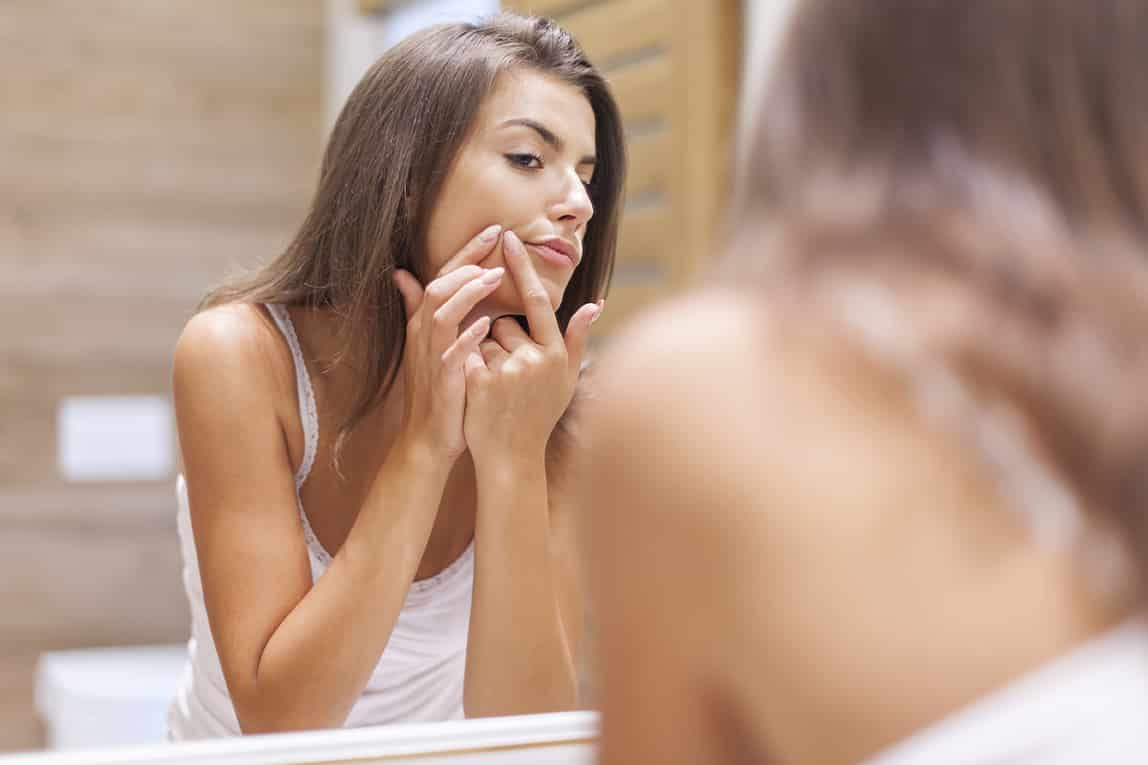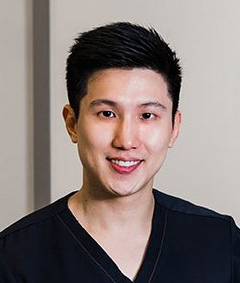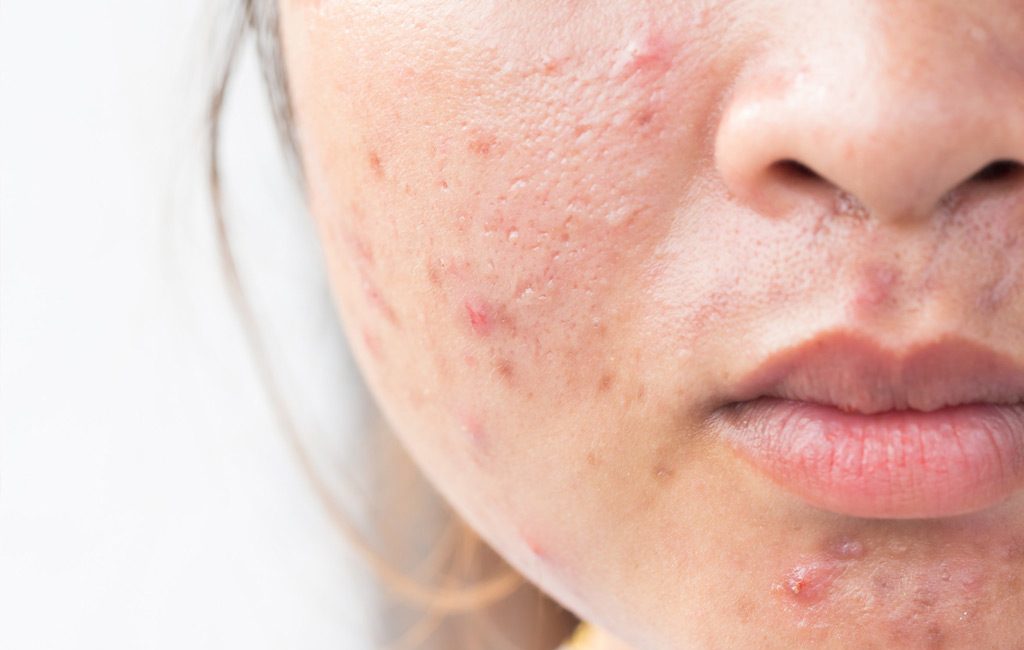Contents
- 1 What are the Best Hormonal Acne Treatments in Singapore?
- 2 What causes Hormonal Acne?
- 3 What is Acne?
- 4 What causes Adult Acne?
- 5 What causes Acne in your 20s, 30s, 40s?
- 6 What causes acne pimples after pregnancy?
- 7 What are the various types of adult acne/ hormonal acne?
- 8 What side-effects/ problems can acne cause?
- 9 What type of acne causes scarring?
- 10 Should I pop my pimple?
- 11 Most Effective Hormonal Acne Treatment?
What are the Best Hormonal Acne Treatments in Singapore?
- Acne Creams
- Benzoyl peroxide gel
- Clindamycin gel, or Clindoxyl (combination of Benzoyl peroxide and Clindamycin)
- Differin cream or a Retinoic acid
- Epiduo (combination of Retinoic acid and Benzoyl peroxide)
- Oral Medicines
- Antibiotics eg doxycycline
- Isotretinion eg Roaccutane, Acnotin
- Lasers
- Cortisone Injections
- Chemical Peels (eg. Salicylic acid peels)
Hormonal acne treatments in adult women are well established.
Your customised treatment program must take into account age, lifestyle factors, family planning and existence of underlying medical conditions.
Hormonal acne treatment works by decreasing the androgens and testosterone in your blood stream.

What causes Hormonal Acne?
Although hormonal acne is more common due to hormone fluctuations during puberty, hormonal acne can affect adults of any age.
It’s especially common in women. A number of factors may contribute to this, including menstruation and menopause.
- Pimples may flare up before, during and after menses.
- Use of inappropriate skin care products e.g. comedogenic (blackheads & whiteheads forming), acnegenic (acne forming) and oil based skin care products.
- Diet. Although there is no firm evidence, some individuals find that food rich in sugar and dairy products may worsen their acne.
- Medical conditions such as Polycystic Ovarian Syndrome.
What is Acne?
Acne or “pimples” is a skin condition caused by inflamed or infected oil glands.
You can have pimples or zits on your face, back, shoulders and even chest.
What causes Adult Acne?
Adult Acne occurs beyond your 20s when the pores on your skin become blocked with oil, dead skin, or bacteria. Each pore on your skin is the opening to a follicle. The follicle is made up of a hair and a sebaceous (oil) gland.
Pimples can also occur in your 20s, 30s, 40s and around menopause– even among those who never had acne as a teenager.
Adult-onset acne is more common in women and more likely to appear along the jawline than in the “T-zone” of the forehead, nose and chin.
Adult acne is caused by the exact same things that cause teenage acne: excess skin oil and bacteria.
Any changes in hormones, such as pregnancy and menstruation, can potentially trigger increased oil production which leads to worsening of your pimples.
What causes Acne in your 20s, 30s, 40s?
The hormonal imbalance that results in jawline acne is thought to be caused by a relative increase in androgen levels. Androgens are male hormones which can result in increased oil gland production and clogging of pores.
Some women with jawline breakouts may find they have an underlying condition called Polycystic Ovary Syndrome (PCOS) with irregular periods, ovarian cysts, weight gain, facial hair, and/or thinning of the hair on their heads.
Other women might have imbalances from going on or off of hormonal therapies such as birth control pills or other hormonal fluctuations such as pregnancy or menopause.
What causes acne pimples after pregnancy?
After pregnancy, your hormones will be fluctuating and unstable.
This triggers hormonal acne which manifests as pimples around your jaw, chin, mouth and cheeks.
If you are still breast-feeding, you will need natural, non-medicated treatments to treat your post-pregnancy acne.
What are the various types of adult acne/ hormonal acne?
There are many types of acne. All of which are very easily treatable, if you see the right acne expert.
Non-inflammatory types of acne include whiteheads, blackheads (comedones), papule.
Inflammatory types of acne are pustules, cysts and nodules. These appear red, painful and swollen.
Adult acne and hormonal acne tend to be large and cystic. Cystic acne has a high risk of permanent scarring.
You should seek treatment promptly if you have cystic acne.
What side-effects/ problems can acne cause?
Acne might worsen and result in larger areas of infection such as acne conglobata.
After the infection as recovered, acne can leave behind common side-effects like post-acne marks and scars (depressed or elevated).
What type of acne causes scarring?
Inflammatory acne like cystic acne has the highest risk of scarring.
This is because of the intense amount of inflammation and injury to your skin.
Your skin might not be able to fully recover after a serious episode of acne – hence, this leaves behind scars or “pock-marks”.
Should I pop my pimple?
No! Popping your pimple can worsen your pimples, spread infection and leave behind marks and scars!
Most Effective Hormonal Acne Treatment?
Seek expert medical advice and treatment AS SOON AS POSSIBLE.
Treatments range from creams to oral medicines and injections.
Fast and effective medical solutions for hormonal acne are readily available.
With an adequate course of medical treatment, you will see results within a few days.





